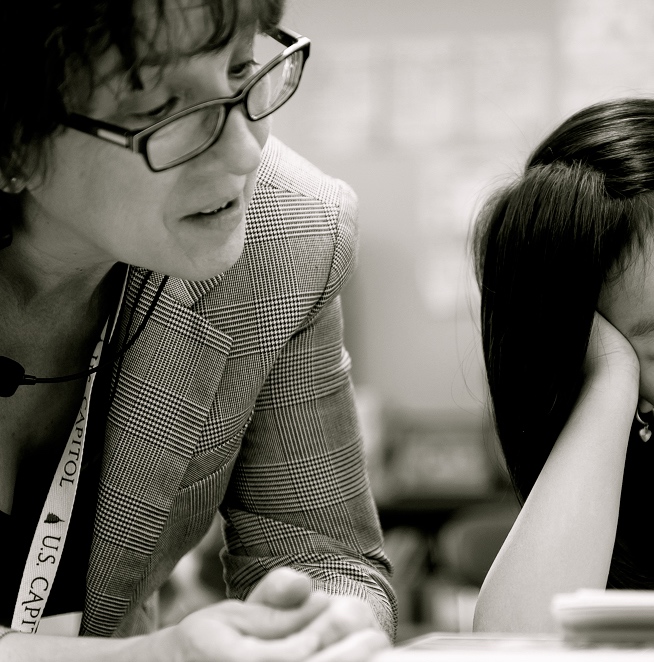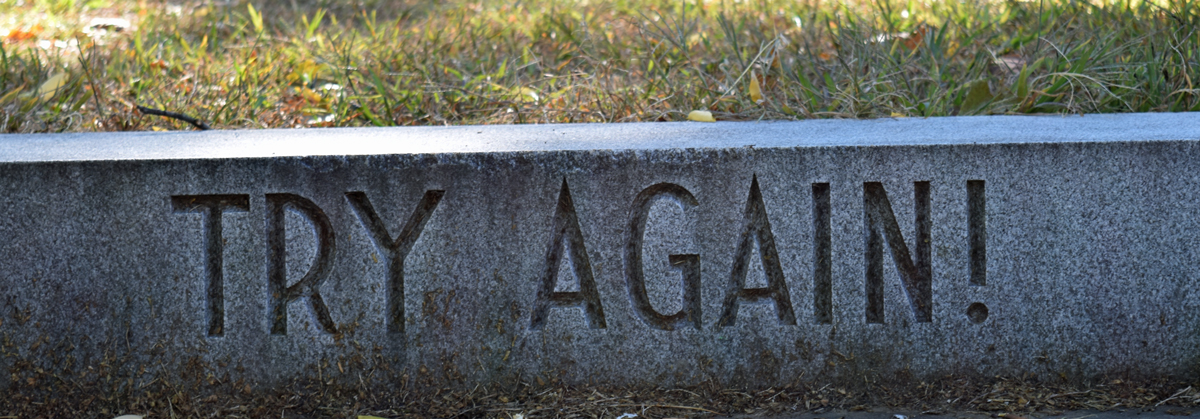Teacher
 I started reading Meditations from the Mat this weekend. The writings are daily practices in mindful meditation written by Rolf Gates and Katrina Kenison and had come highly recommended by a group of yogis I've encountered in an online group.In explaining his own yoga journey, from a weekend retreat at Kripalu to yoga teacher training, Rolf Gates relayed a story about an encounter with Baron Baptiste, renowned yoga teacher and author.
I started reading Meditations from the Mat this weekend. The writings are daily practices in mindful meditation written by Rolf Gates and Katrina Kenison and had come highly recommended by a group of yogis I've encountered in an online group.In explaining his own yoga journey, from a weekend retreat at Kripalu to yoga teacher training, Rolf Gates relayed a story about an encounter with Baron Baptiste, renowned yoga teacher and author.
..."Are you a teacher?" I said I was, but the words didn't ring true. I taught classes, but I was not a teacher.
For a while I puzzled over how that could be true; if one taught, one must be a teacher, right?As Rolf explained, the act of teaching is the act of drawing out. In yoga, that means drawing out what the student may already know about breath, alignments, and postures.In education today, do we have the flexibility to draw out of our students what they already know and can connect to? Can we lead them to knowledge without having to force it in before the students are ready for it?Standards in a general sense, are good end-goals for education and educators. Where standards and standards-based education go awry is when those end points are unreasonable or developmentally inappropriate or, in some cases, designed to foster failure. The purpose of early childhood education should not be a dress rehearsal for intermediate grade level standardized testing. Yet it sometimes is.As an example, I have heard from participants in the graduate level literacy class I led tell of kindergarten students writing or keyboarding. This is wrong. Forcing young learners toward skills that are outside what is developmentally appropriate for them is a disservice to them.Teachers want to teach, to draw out, what their students know to make connections. We want learning to be relevant, to spark curiosity and to stay with our students. We want to teach.
 Say what you will about living in these political times, snaps go to the marketeers coming up with the names. Why if you didn't actually spend a large portion of your reading time being skeptical and following up with questions and queries, you might just miss out on some really fun oxymorons.Let's take the group, Families for Excellent Schools as an example. Or Students First. Or Great Schools or Building Excellent Schools.Is there a single person on the planet who is NOT for excellent schools or excellent opportunities for students and children?Families for Excellent Schools Advocacy (FESA), a close cousin of Families for Excellent Schools, recently was fined more than $450K and banned from campaigning in Massachusetts for 4 years. Why? Because in an effort to win over a ballot question that would expand charter school networks unnecessarily, the FESA group attempted to hide large donors, including Paul Sagan (Chairman of the Massachusetts Board of Elementary and Secondary Education in 2015) from campaign finance reporting. Not cool, FESA. Not cool Mr. Sagan. Link to Maurice Cunningham's piece on this published on the WGBH website
Say what you will about living in these political times, snaps go to the marketeers coming up with the names. Why if you didn't actually spend a large portion of your reading time being skeptical and following up with questions and queries, you might just miss out on some really fun oxymorons.Let's take the group, Families for Excellent Schools as an example. Or Students First. Or Great Schools or Building Excellent Schools.Is there a single person on the planet who is NOT for excellent schools or excellent opportunities for students and children?Families for Excellent Schools Advocacy (FESA), a close cousin of Families for Excellent Schools, recently was fined more than $450K and banned from campaigning in Massachusetts for 4 years. Why? Because in an effort to win over a ballot question that would expand charter school networks unnecessarily, the FESA group attempted to hide large donors, including Paul Sagan (Chairman of the Massachusetts Board of Elementary and Secondary Education in 2015) from campaign finance reporting. Not cool, FESA. Not cool Mr. Sagan. Link to Maurice Cunningham's piece on this published on the WGBH website  Huffington Post published a blog entry by Gay Groover Christmus recently that resonated with me as a retired educator who taught pre-
Huffington Post published a blog entry by Gay Groover Christmus recently that resonated with me as a retired educator who taught pre- So, what would you say an unexpected by-product of ed reform might be? With loss of autonomy in what to teach when, emphasis on high-stakes standardized testing and little control over just about anything else in the educational day, teachers are leaving some districts for transfers to more affluent schools and for other careers.I mention this because it is challenging to teach in a gateway - or as the Pioneer Institute referred to it last week "middle" - city. And because the Lowell Schools are making an effort to diversify faculty and staff.
So, what would you say an unexpected by-product of ed reform might be? With loss of autonomy in what to teach when, emphasis on high-stakes standardized testing and little control over just about anything else in the educational day, teachers are leaving some districts for transfers to more affluent schools and for other careers.I mention this because it is challenging to teach in a gateway - or as the Pioneer Institute referred to it last week "middle" - city. And because the Lowell Schools are making an effort to diversify faculty and staff.